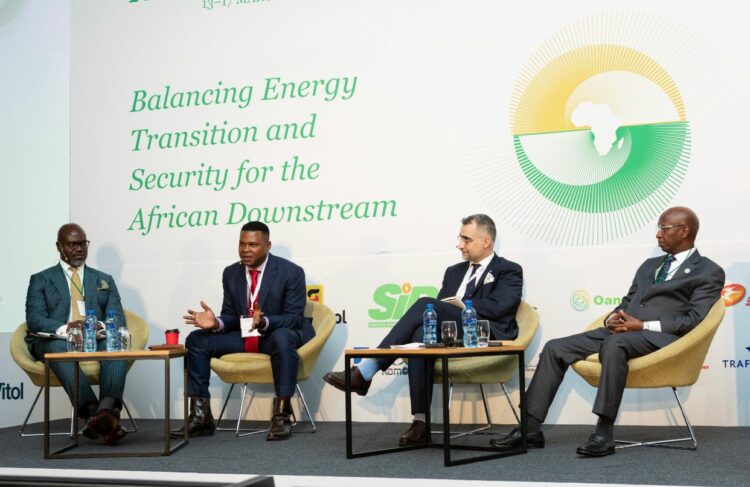Notwithstanding the push for energy transition, the African Refiners and Distributors Association (ARDA) and other stakeholders in the energy sector have urged Africa to prioritize its energy security as a short-term aim.
The stakeholders, who gathered in Cape Town, South Africa, stressed that unless something was urgently done to revive refineries across the continent and bridge electricity access, projected development may remain a mirage. They warned that the continent’s growing population could widen energy needs and increase environmental and health problems.
They also emphasized the necessity of building distribution and storage facilities, addressing the severe Liquefied Petroleum Gas (LPG) shortage, and refining greener petroleum products.
The stakeholders, who gathered at a yearly conference organized by ARDA, were concerned about the continent’s paralyzed refineries, aging storage and distribution infrastructure, poor port architecture, petrol-to-power challenges, crude oil theft, rising subsidy on petroleum products, and other issues compounding existing woes a year after Russia’s invasion of Ukraine with its multinational impacts, especially high product prices, and increasing debt burden.
The 700 million people who lack access to clean cooking gas already account for four million premature deaths annually. Despite concerns from stakeholders that Africa’s population was on the rise and heading for a worldwide high, the continent is still the only region with a growing populace, but without energy access.
Read Also: africas-energy-dilemma-sparks-new-environmental-health-problems
Recall that while Africa’s healthcare sector is expected to hit about $259 billion in the next seven years, most Africans finance their medicare out-of-pocket, as budgetary allocation remains dismal amid infrastructure deficit.
By May this year, Nigeria’s debt is projected to hit N77 trillion ($171.2 billion). Reportedly, public debt has doubled in Africa since 2010, standing at 65 percent of the Gross Domestic Product (GDP) in 2022. It was only 32.7 percent in 2010.
This is coming at a time when the cost of borrowing is rapidly increasing, as rising interest foists more complications with most African countries unable to issue Eurobond while refinancing costs double with an average increase of 600 basis points, and even up to 1800 basis points in others.
The Overseas Development Institute has also noted that $140 billion of Eurobonds, and an average maturity of 10 years, meant that refinancing cost of 600 bases or six percent would see interest costs amount to $8.4 billion yearly or $84 billion in total over the life of the bonds. This represents 0.3 percent of Africa’s yearly GDP, and given that Eurobonds average 30 percent of total debt, the overall cost of increased debt servicing would be a painful one percent of GDP each year, the think tank submitted.
Story adapted from Leadership
